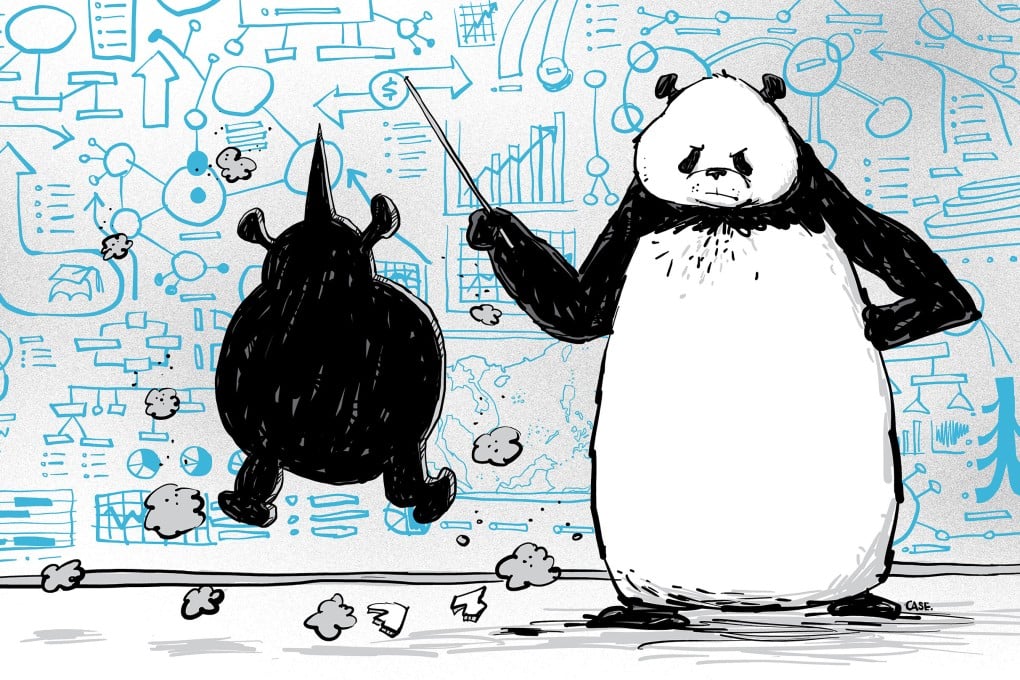Opinion | World awaits China’s decision on how to handle its Russian ‘grey rhino’
- The chaos created by Russia’s recent geopolitical actions stands in sharp contrast to China’s nuanced, considered approach and puts Beijing’s goals at risk
- Fifty years after Nixon’s visit to China reshaped the global order, the world again waits for Beijing to decide where its geopolitical interests lie

The coincidence borne by fate, or yuanfen, of the dinner celebrating the “week that changed the world” was apparent. The Shanghai Communique of 1972 made clear that the US and China would oppose efforts by the Soviet Union or any other major power to dominate Asia.
China’s rise has been inertial, dependent on the consistency of its political system, the growth and education of its population, its embrace of elements of capitalism and the insatiable economic demand of the US.
Despite its resource wealth, Russia continues to experience declining living standards and therefore political instability under President Vladimir Putin because of its errant foreign policy. The Soviet Union did in large part win World War II and make technological leaps thanks to US aid, technology transfers and approved and unapproved Soviet spying on the US, yet Russia now has little to show for these efforts.

